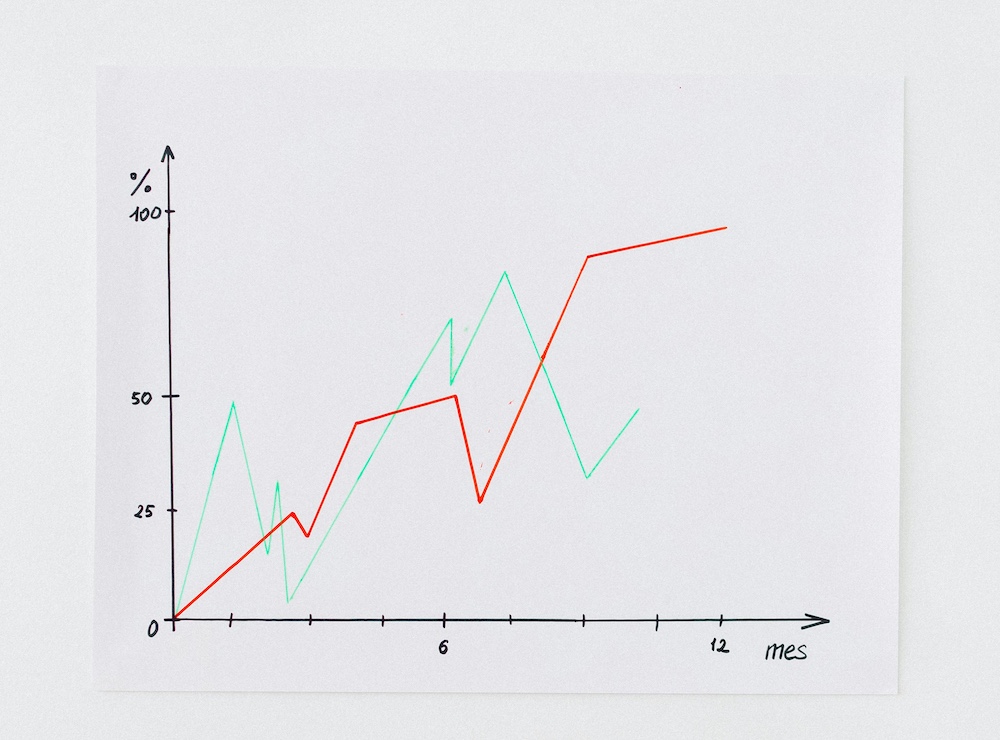As the great Warren Buffet has stated “At all times, in all markets, in all parts of the world, the tiniest change in rates changes the value of every financial asset”, and of course housing is no exemption to this rule. And although we all may have different views on whether your residence should be considered a true financial asset from a purely investment standpoint, there’s no escaping the fact that the value and monthly carrying cost of your home is directly connected to the interest rate set by the Bank of Canada.
This could not be truer over the last decade as we saw rates at all-time lows throughout Covid and some increased volatility since. And although the choice between fixed and variable interest rates is generally more of a personal preference at the end of the day, we are always dealing with clients who are wondering about whether they should refinance their mortgage based on the current economic environment. So when should you and shouldn’t you think about refinancing your mortgage?
Before we dig in, did you know we have a podcast? Listen to The Last Honest Realtor on our website or anywhere you get your podcasts.
Firstly lets consider the reasons a home owner might consider a refinance:
- Lower Interest Rate If current mortgage rates are significantly lower than your existing rate, refinancing may reduce your monthly payments and total interest costs.
- Access Home Equity (“Equity Take-Out”) You can refinance to borrow up to 80% of your home’s appraised value (minus what you owe). This can free up cash for renovations, debt consolidation, investments, or major expenses.
- Debt Consolidation Replacing high-interest debt (credit cards, personal loans, lines of credit) with a lower-rate mortgage can save thousands in interest.
- Change Mortgage Terms Shortening the amortization to pay down your mortgage faster, or lengthening it to lower monthly payments for cash flow flexibility.
- Switch from Variable to Fixed (or vice versa) If you expect interest rate changes, refinancing can let you lock in or take advantage of potential rate drops.
- Funding Major Life Events Accessing equity for education, retirement planning, business investment, or helping family with down payments.
Thinking about selling your home soon? Here are a few posts you might find helpful:
- What is the Worst Time to Sell a House?
- How Many Showings Does it Take to Sell a House?
- Signs Your House Will Sell Fast
Pros of Refinancing
- Potential interest savings if rates are lower.
- Cash flow improvement through lower monthly payments.
- Access to equity for renovations or investments.
- Simplify finances by consolidating multiple debts into one payment.
- Flexibility in mortgage type/term switch lenders, change amortization, or adjust repayment structure.
- Potential tax advantages (in some cases, interest on borrowed funds for investment may be deductible.
Do you have more questions about taxes as a property owner? Read our blog: Can You Claim Property Taxes on Your Tax Return in Canada?
Cons of Refinancing
- Prepayment penalties Breaking your mortgage early usually triggers penalties — often the greater of three months’ interest or the Interest Rate Differential (IRD), which can be significant.
- Closing & legal costs Appraisal, legal, and administrative fees may total $1,000–$2,500.
- Resetting the amortization clock Extending the mortgage term may lower payments but increase total interest paid overtime.
- Qualification standards You’ll need to re-qualify under the mortgage stress test (currently the higher of your rate + 2% or the Bank of Canada’s qualifying rate). This can limit approval.
- Risk of overleveraging Using home equity for non-essential spending or high-risk investments can put your home at risk if financial circumstances change.
- Equity erosion Taking out too much equity reduces your financial cushion in case home values decline.
Overall refinancing in Canada makes sense if:
- Interest rates have dropped enough to offset penalties and costs,
- You want to consolidate high-interest debt responsibly,
- Or you need equity for renovations or investments with a strong expected return.
It may not be the best choice if penalties are high, you plan to sell soon, or you risk stretching your finances too thin and my personal rule of thumb on debt is that you should never risk what you “need” for something that you “want”! You can use debt to your advantage in many ways, but never take on so much debt that you are at risk of losing your most basic need – your home.
Planning on buying a home now or in the near future? Check out these posts next:
- What Does SC Escape Clause Mean?
- How Much Does a Home Inspection Cost?
- What Buyers and Sellers Need to Know About Real Estate Fees in Toronto
Things to consider when refinancing your home:
Think carefully about why and how you are refinancing and if it makes sense for you. If it does in fact make sense for you here’s what you’ll want to do and take into consdieration next;
- Ask the lender for a formal “prepayment / break cost estimate” Use the exact mortgage contract terms; do not guess.
- Use all prepayment privileges before breaking If the mortgage allows annual lump-sum payments (e.g. 5–10 % of original), use them first to reduce principal and reduce penalties and if there’s a window close to term expiry where penalties drop, be strategic.
- Shorten your refinancing window Doing the refinancing closer to maturity means the penalties tend to be lower (less time left, smaller IRD).
- Shop multiple lenders / monoline lenders Smaller or online lenders sometimes use more favourable “published rate” calculations for IRD, which can reduce penalties compared to big banks’
- Run sensitivity scenarios Compare outcomes under 0.5%, 1.0%, 1.5% differential — see how large the “cushion” must be to make it worthwhile.
- Check tax implications / investment use If borrowing to invest, interest might be deductible in certain cases — check with a tax professional.
- Time it with rate moves If the market is trending downward (or Bank of Canada signals cuts), it might be worth waiting a few months to reduce the gap.
- Document everything Provide clients with a clear “Refinancing Pros vs Cons” sheet, including a minimum required differential to justify the break cost, so they make an informed choice.
Ultimately, the reasons, costs, and strategies around finance are personal and will be specific to each and every homeowner so if you have more questions about if and when is the right time to buy, sell, or refinance, our team is always here to help.
Get the conversation started today by filling out the form on this page, calling us at 416.642.2660, or emailing us at admin@torontorealtygroup.com.

Ready to Get Started?
It all starts with a conversation. Whether buying or selling, TRG can help you achieve your real estate goals. Get in touch with our team today to start the process.







